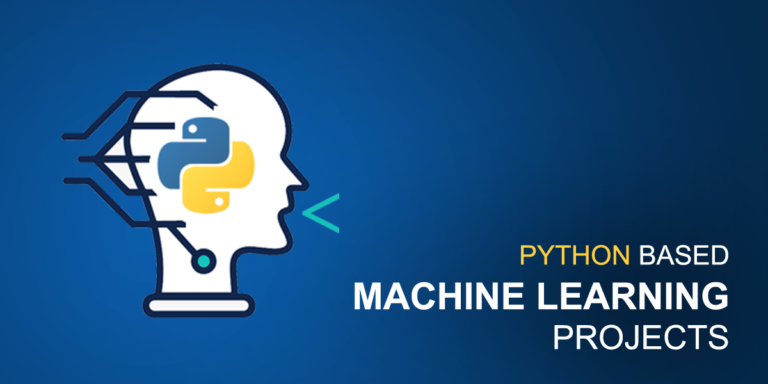
Abstract:
In millimeter-wave (mmWave) systems to combat severe propagation losses, large-scale antenna arrays (LSAAs) are used to achieve beamforming gains. For fully-digital beamformers, each antenna element must be driven by an RF chain, increasing hardware cost, complexity, and power consumption. Thus, CMAB is a viable option. We solve two beampattern matching problems to design the system parameters for scaled analog beamforming (SAB) or constant-modulus analog beamforming (CMAB) architectures. The first case matches both the magnitude and phase of the beampattern to the desired one, while the second matches only the magnitude. Beampattern matching problems are variants of the constant-modulus least-squares (CLS) problem. We use the alternating majorization-minimization (AMM) framework, which combines the alternating minimization and MM frameworks, and the conventional-cyclic coordinate descent (C-CCD) algorithms to solve each problem efficiently. We propose M-CCD-based algorithms. All developed algorithms converge to a Karush-Kuhn-Tucker (KKT) point or stationary point. Numerical results show the proposed algorithms converge faster than state-of-the-art solutions. M-CCD-based algorithms have faster convergence in terms of iterations, while AMM-based algorithms are simpler.
Note: Please discuss with our team before submitting this abstract to the college. This Abstract or Synopsis varies based on student project requirements.
Did you like this final year project?
To download this project Code with thesis report and project training... Click Here


